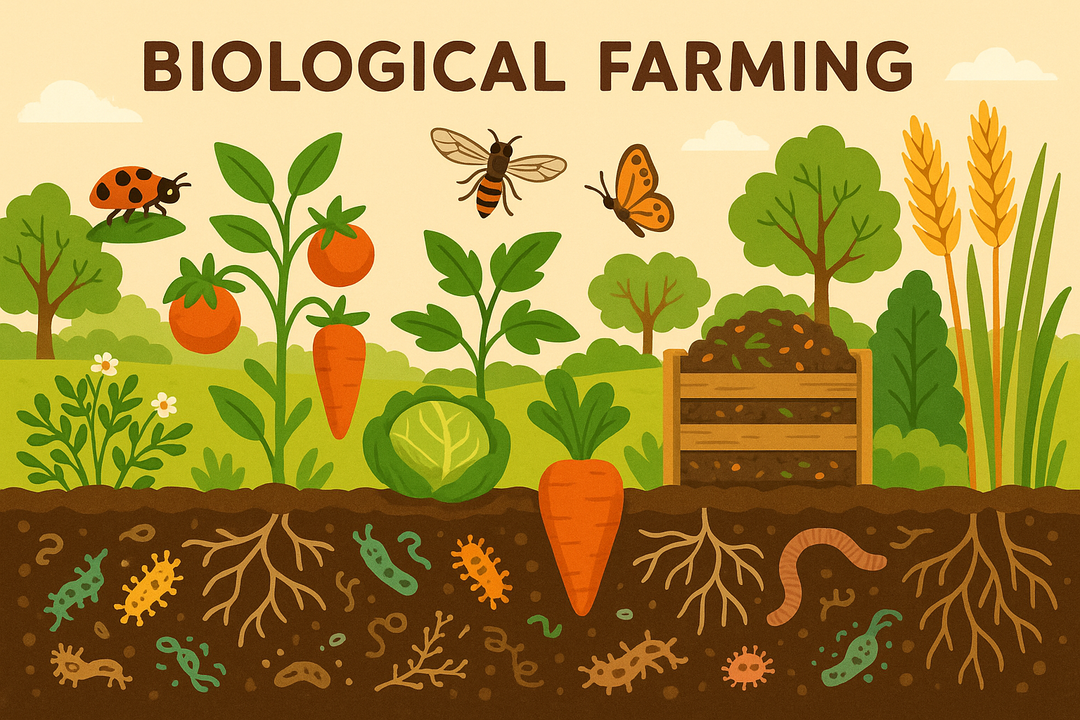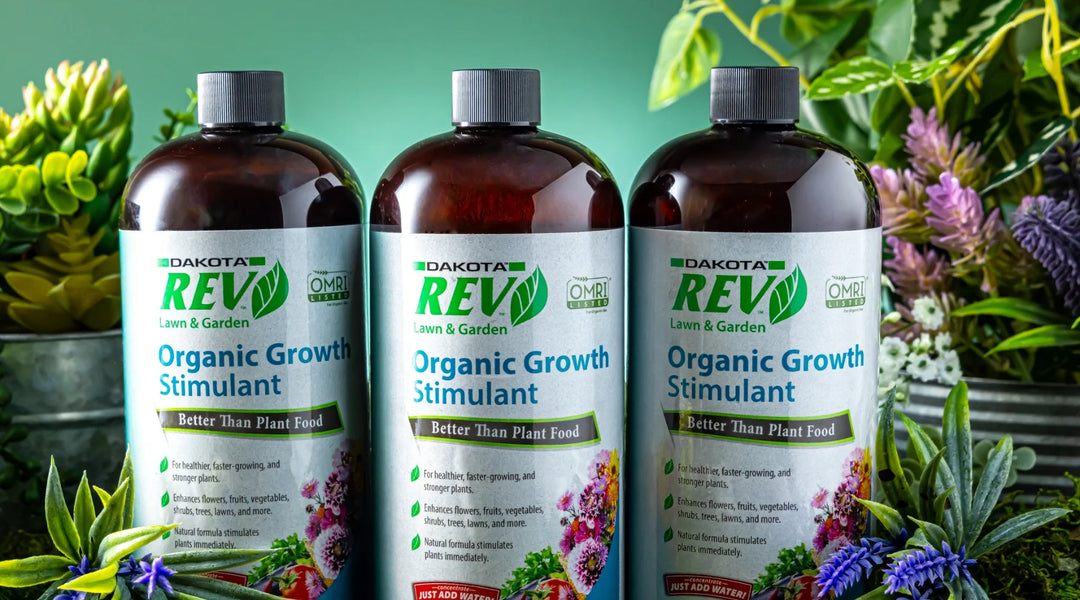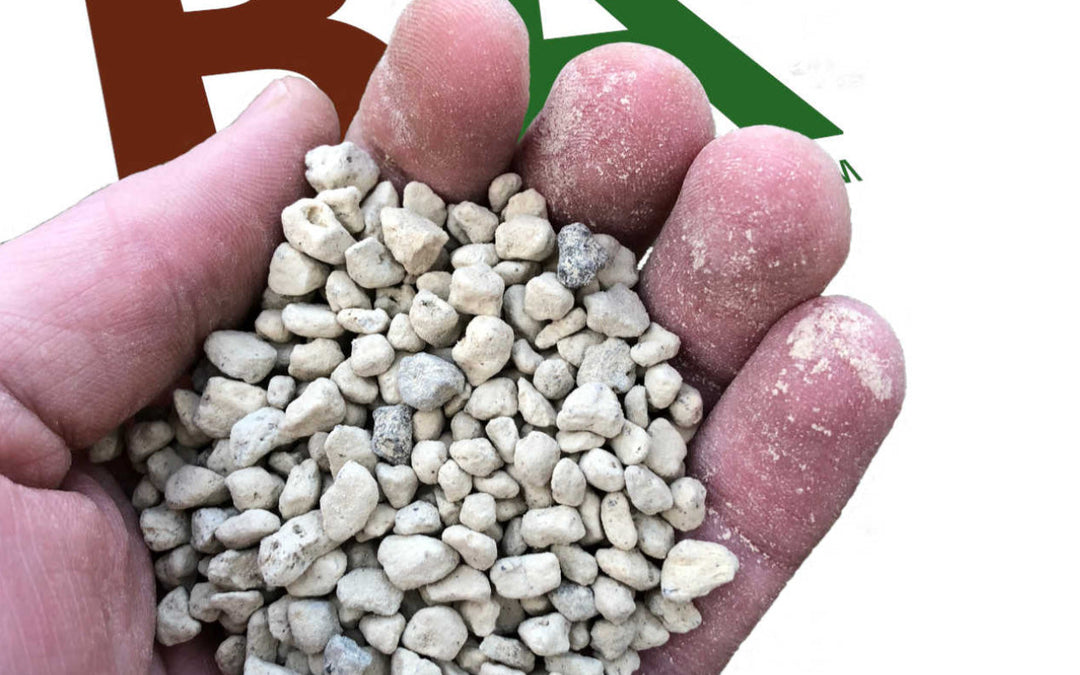Benefits of Organic Soil Amendments
Not everyone is lucky enough to live with naturally thriving soil, so adding organic and biotic amendments to it is to be expected, but what are you adding? There are so many soil amendments on the market and if you don’t know the difference you could be potentially harming the soil instead of helping it.
Types of Soil Amendments

It’s common knowledge that healthy soil is key to sustainable gardening and farming. Organic soil contains carbon-based material that is either living or was once living. Some traditional amendments include compost, manure, and mulch.
Non-organic soil amendments include things such as synthetic fertilizers and plant hormones. These are just plain unhealthy for your soil, plants, and for you.
Organic vs. Synthetic Soil Amendments
Organic soil amendments are beneficial because they feed the soil and plant simultaneously instead of just the plant. They provide some nutrients to plants and also provide food for the soil food web.
Synthetic inputs are like a drug—the more you give your soil and plants drugs, the more dependent the system becomes. Then, when your soil, crops/plants aren’t doing well, there are more synthetic inputs available and it just becomes a vicious cycle of poison: poison to grow them and poison to keep them alive.
The soil food web is fed with organic inputs, with the ultimate goal of 100% balanced healthy and all-natural soil. Containing proper macro and micronutrients to allow your plants and soils to thrive.

We don’t want you to think that adding amendments to your soil is always harmful. As mentioned above, there are many healthy amendments available, it’s when you start adding chemicals that problems arise. The problems may not just be with your plants but can also be harmful to your (and others’) health. According to the EPA, 12 of the most popular synthetic pesticides in the U.S. have ingredients known to cause cancer.
Why Did Synthetic Fertilizers Become Popular?
History, as well as modern science, have shown us that naturally-occurring “perfect soil” is almost non-existent, so man decided to take matters in their own hands and create some additives that would allow plants to grow in almost any environment. When you shop at commercial agricultural supply shops, you will see fertilizers and soil/plant supplements containing nitrogen, phosphorus, and potassium, known by the chemical symbols of N, P, and K, which do indeed help plants grow.
Nitrogen—a main ingredient in explosives—was heavily manufactured during World War II. After the war, there wasn’t a need for any more bombs to be made and it was discovered that nitrogen-rich ammonia boosted the crop yield. Therefore, the sales of nitrogen fertilizer exploded (no pun intended). While this resulted in higher crop yields, farmers were rotating their crops less and less. This meant they had to artificially build back the nitrogen that their crops pulled out, meaning, more chemicals were inputted into the ground.
The Rise of Organic Fertilizers

After decades of reported health issues and the rise of modern science, organic and biological growing is finally becoming mainstream. We have everything you need to naturally encourage biological growth within your soils. Let us help you be healthier by growing healthier.
We at Rocky Mountain Bio-Ag offer all-natural supplements, vitamins, minerals, biology, and fertilizers for anything you’re growing. We don’t just sell them to you, we take time to make sure you are growing nutrient dense plants and soil! We love hearing your results! Contact us to give your plants what they need. If you’re on the Western Slope of Colorado, stop by our retail store at 3045 Aerotech Pkwy, Unit 6, in Montrose.






Leave a comment